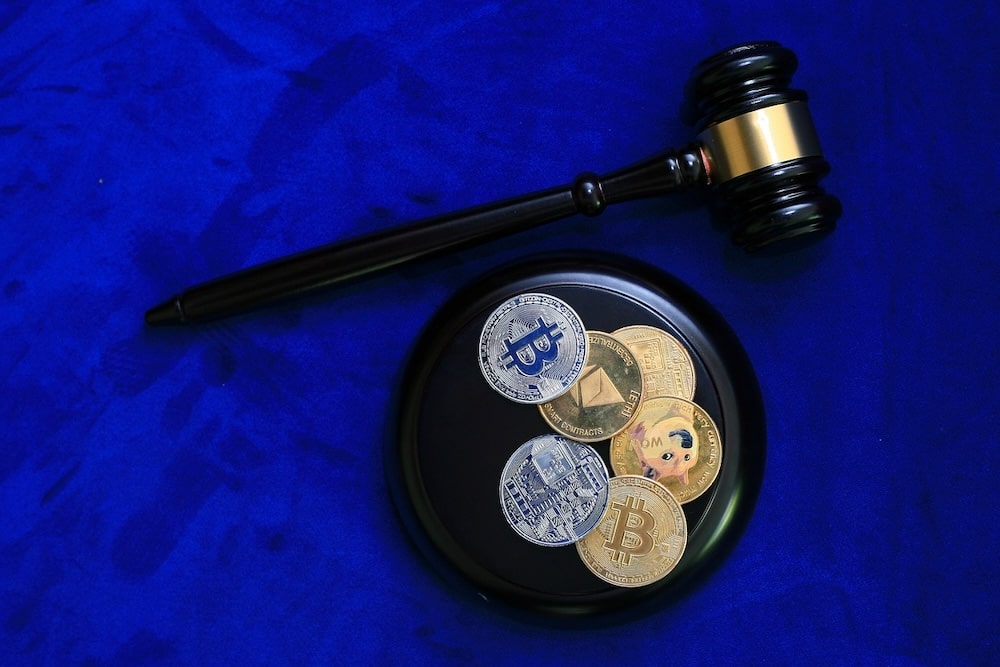Puerto Rico’s tax breaks have lured wealthy investors to a tropical island where crypto millionaires pay no income taxes. But a new bill in Congress could end this crypto paradise. The United States Democratic lawmakers are pushing to close this loophole, sparking debate over fairness and economic impact.
An End to Puerto Rico’s Crypto Tax Haven?
U.S. Democratic lawmakers have introduced a bill to block investors from using Puerto Rico as a crypto tax haven. Puerto Rico’s Act 60, enacted in 2012, offers zero capital gains tax on crypto earnings for residents who live on the island at least 183 days a year. The island’s policies, like Act 20 and Act 22, also cut corporate taxes to 4%, making it a magnet for millionaires.
This has attracted thousands of wealthy Americans, including crypto traders and blockchain entrepreneurs, who have slashed their tax bills, sometimes from millions to nearly nothing. The push to end this comes from concerns over tax fairness and lost U.S. revenue.
Senator Ron Wyden and others argue that wealthy investors are exploiting Puerto Rico’s tax breaks to dodge U.S. taxes on income earned elsewhere. A Senate probe into crypto investor Dan Morehead, who saved millions after moving to Puerto Rico, highlighted potential abuses.
Democrats say the tax gap—unpaid taxes owed to the IRS—hits $600 billion yearly, partly due to such loopholes. With the 2017 tax cuts expiring in 2025, Congress faces pressure to address revenue shortfalls, however, the bill’s progress is uncertain without Republican support.
Implications of the Bill
The bill aims to ensure that wealthy crypto investors pay U.S. taxes, boosting federal revenue and reducing inequality. Examples of some countries that have enjoyed the soothing effects of reaping from crypto tax seem to spur this move.
Ukraine’s National Securities and Stock Market Commission (NSSMC) recently proposed a tax on crypto gains to regulate the industry and align with European Union standards. The plan introduces an 18% income tax and a 5% military levy on crypto profits, with some categories eligible for preferential rates.
However, the bill may disrupt Puerto Rico’s economy, which relies on wealthy newcomers’ investments. Crypto investors might leave, hurting local businesses. The crypto industry, backed by significant political donations, could lobby against it, especially under a pro-crypto Trump administration. If passed, the bill could set a precedent for tighter global crypto tax rules, but failure might embolden more tax haven strategies.
Find Cryptocurrencies to Watch and Read Crypto News on the Go Follow CryptosToWatch on X (Twitter) Now

